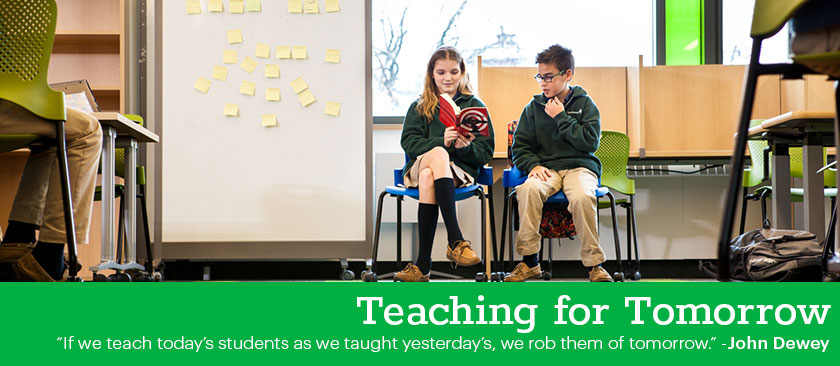Educational research indicates that deep learning takes place when there is “interplay between the cognitive, interpersonal and intrapersonal skills” (National Research Council, July 2012, p.2). This approach was evident in a recent Grade 10 Canadian History class, as students used “flip debates” to develop a position on the bombing of Hiroshima and Nagasaki.
The class began with students using appropriate documents and working in small teams to become familiar with the fact patterns related to this historical event. This team work enabled students to develop such important interpersonal skills as communication and perspective.
Students were then instructed to work with their team to develop a position as to whether the bombing should have taken place. Doing so enables students to think and reason about an important moral issue. Teachers then placed teams with opposing viewpoints on the issue into one group and instructed the group to examine the “flip” side of their position. Ultimately, the team had to reach a consensus on the topic. Adding this step to the process forces students to think carefully and debate both sides of the issues in order to reach a carefully considered point of view.
Having students write about what they learned through the “flip debate” is an excellent intrapersonal activity, as it allows them to assess how their initial position on the issue evolved.







